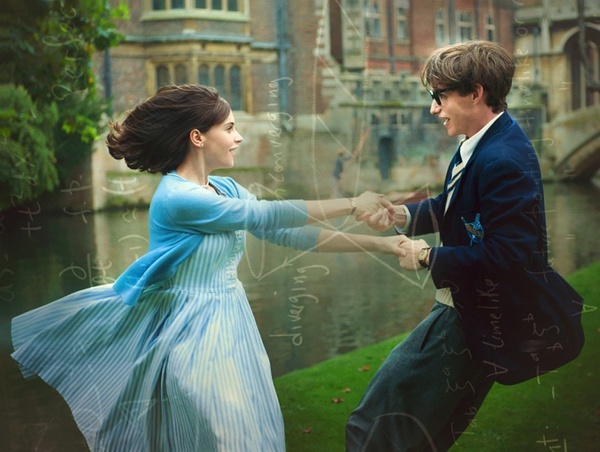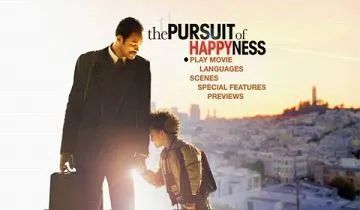Title: The Cinematic Language of Film: A Comprehensive Guide for English Speakers

Theater: Classic Dramas
Classic theater films are characterized by their meticulous crafting of characters, intricate plots, and poignant themes. The English language in such films is often rich with archaic expressions and idioms, reflecting the timeless nature of the story being told. Key terms include "mise-en-abord," meaning the setting or situation, and "comédie en musique," which translates to musical comedy. Other key terms in theater films include "récit d'épée" (speech balloon) and "récit de ballet" (ballet scene), both of which depict scenes set in the theater itself.Documentary: Historical Insights
Documentaries, while not typically considered a genre in the same sense as drama or romance, employ a range of technical terms and jargon unique to their domain. Key terms include "montage" (film editing technique), "récit historique" (historical recount), and "récit épique" (fictional narrative). These terms convey the essence of how documentary filmmakers use visual and auditory elements to tell stories that might not be easily conveyed through text alone.Comedy: Lighthearted Entertainment
Comedies, especially those set in modern times or based on current events, employ a variety of humorous phrasings and colloquialisms. Terms like "gag reel" refer to the series of jokes and gags used throughout a film. "Bromance" (best friend's romance) is a modern take on the traditional concept of brotherly love. And "spin-off" refers to a film that takes inspiration from a previous work, often leading to sequels and spin-off films.Action: Violent and Thrilling
Action films, characterized by their high-octane action sequences and fast-paced plotting, have a distinct vocabulary. Terms like "heist" (crime film) and "battle" (war film) capture the essence of their genre. "Shotgun" is often used to describe a character who wields a shotgun in combat. "Bullet time," a visual effect used to create slow-motion action, is another key term found in action films.Romance: Love and Romance
Romantic films, often centered around love stories, employ a variety of emotive and poetic language. Key terms include "love triangle," a plot device where three individuals fall in love simultaneously. "Aphrodisiac" (an attractive person or thing) is a term often used to describe romantic partners. And "passion fruit" is a metaphorical term for passionate love.Drama: Emotional and Intriguing
Drama films explore complex emotional landscapes and often feature intricate plot twists and turns. Key terms include "psychological thriller" for films that focus on the psychology of characters. "Emotional blackmail" is a term used in drama to describe a plot element where one character manipulates the emotions of another for personal gain.Mystery: Unraveling Secrets
Mystery films, often set in urban settings, rely heavily on detective and criminal elements. Key terms include "detective novel" (a type of mystery fiction) and "criminal profile" (a psychological analysis of a criminal's behavior). "Red herring" (a misleading clue or piece of evidence deliberately introduced to confuse the investigation) is another term often associated with mystery films.Horror: Terrorizing Audiences
Horror films, known for their gory violence and disturbing imagery, employ a range of jargon and phrases unique to the genre. Key terms include "serial killer" (a character known to kill repeatedly) and "ghost" (a spirit or apparition). "Creepy crawlies," referring to supernatural creatures or demons, are commonplace in horror films.
Animation: Cute and Vivid
Animation films, whether they feature live-action actors or computer-generated characters, use a wide array of colorful descriptors. Key terms include "cartoon" (a short animation) and "cel-animated" (character animation). "Toon" is often used to describe cartoonish or cute-looking characters, while "stop-motion" refers to animation techniques where each frame is drawn by hand before being displayed on a screen. In summary, mastering the English terminology of different film genres can open up new horizons for those interested in the art of filmmaking. Whether you're a seasoned film enthusiast or someone just dipping their toes into the world of cinema, learning these key terms will undoubtedly enhance your appreciation for this multifaceted art form. So why not embark on a journey of discovery, exploring the depths of film vocabulary and the endless possibilities it presents? 推荐阅读》
 家长点评网
家长点评网











